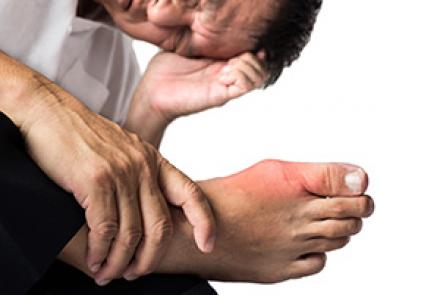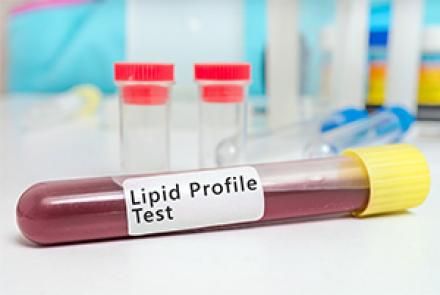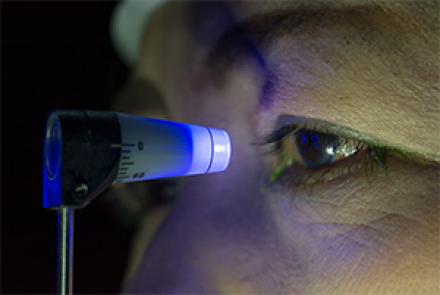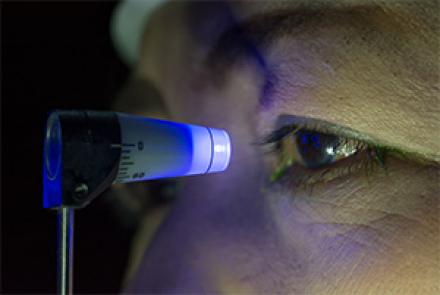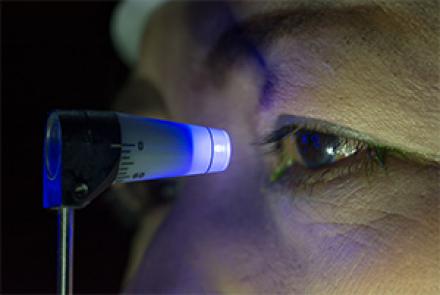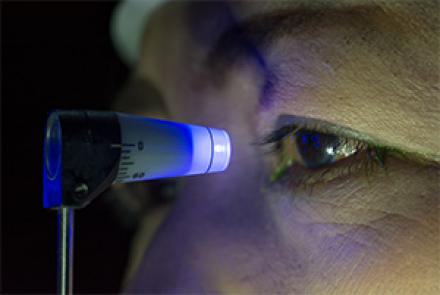The theme of the World Health Day 2017 is ‘Depression: Let’s Talk’. Encourage people with depression to talk about their feelings. Depression can easily be treated with psychological therapies and medicines. Learn about these and some other basic information on depression issued in public interest by SCARF (Schizophrenia Research Foundation).
The wounds of depression are unseen, but they hurt more than the ones that bleed. Seek professional help and get better.
Facts about Depression…
Latest Stories
- Most of us are familiar with the term Gout without being aware of its full implications. This FAQ briefs us about all that we need to know about the condition and how we can tackle it, should we be affected. 1. What is Gout? Gout is a kind of arthritis where uric acid gets deposited in the joints and soft tissues. This, in turn, causes inflammation with redness, swelling, heat, pain and stiffness in the affected joint. Since the foot has numerous joints, the big toe is primarily affected…
- Oral health is not limited to your teeth alone. Mouth ulcers or sores can develop inside the mouth, cheeks, lips and tongue that can be extremely painful. Dr Shail Jaggi informs us on causes and symptoms of mouth ulcers and offers some advice on how to keep our mouth healthy, hygienic and problem free. All of us have at some point experienced oral sores in the mouth. These are generally very unpleasant and extremely painful and will persist for a couple of days. These sores are called ulcers.…
- This time in our Health by Numbers/Tests series, Dr Shital Raval takes a look at Lipid Profile, a test which measures the concentration of unhealthy fats and cholesterol in the blood, that helps determine a person’s risk of cardiovascular disease and the steps necessary to reduce that risk. Lipids are groups of fat and fatty constituents in the blood. They consist of cholesterol and triglycerides. Cholesterol travels in the blood by attaching itself to a protein, which is called lipoprotein or…
- There are a lot of things you can do especially in the early to middle stages to manage and delay the progression of dementia. Read on to find out more: Staying Active Finding activities that the person with AD can do and is interested in can be a challenge. Building on current skills generally works better than trying to teach something new. Don't expect too much. Simple activities are best, especially when they use current abilities. Help the person get started on an activity. Break…
- How should glaucoma be managed? Glaucoma can be managed by following the treatment protocol specified in the Treatment section How often should a patient follow up After the initial examination and diagnosis, glaucoma patients are managed much like patients with other chronic disease, requiring regular visits to assess disease severity and response to therapy. Most patients will need periodic medical examinations, diagnostic testing for progression or new findings, and individualized management…
- What are the treatments available The aim of treatment is to lower the intraocular pressure thereby preventing or reducing further damage to the optic nerve. However, in most situations it is not possible to reverse the optic nerve changes that have occurred. The methods available for glaucoma lowering intraocular pressure are : medical (usually eye drops), laser and surgical. Medical treatment - Medical therapy is the most common treatment modality for glaucoma. There are various eyedrops…
- What does a complete glaucoma evaluation include? A comprehensive eye examination includes screening tests for glaucoma. A simple, painless procedure called tonometry measures the internal pressure of the eye. Intraocular pressure in most individuals ranges between 10 and 20 mmHg. A characteristic deterioration of the optic nerve associated with cupping and atrophy is common denominator to all forms of glaucoma (primary or secondary, open or closed angle, chronic or acute). Recognition of these…
- What are different types of glaucoma? The clinical varieties of glaucoma are classified according to three parameters: Primary (idiopathic) or Secondary (associated with some other ocular or systemic conditions). The state of the anterior chamber angle: open angle (open access of the outflowing aqueous humor to trabecular meshwork) or closed angle (the trabecular meshwork is blocked by apposition of the peripheral iris). Chronicity: acute or chronic. The vast majority of glaucomas are primary…


